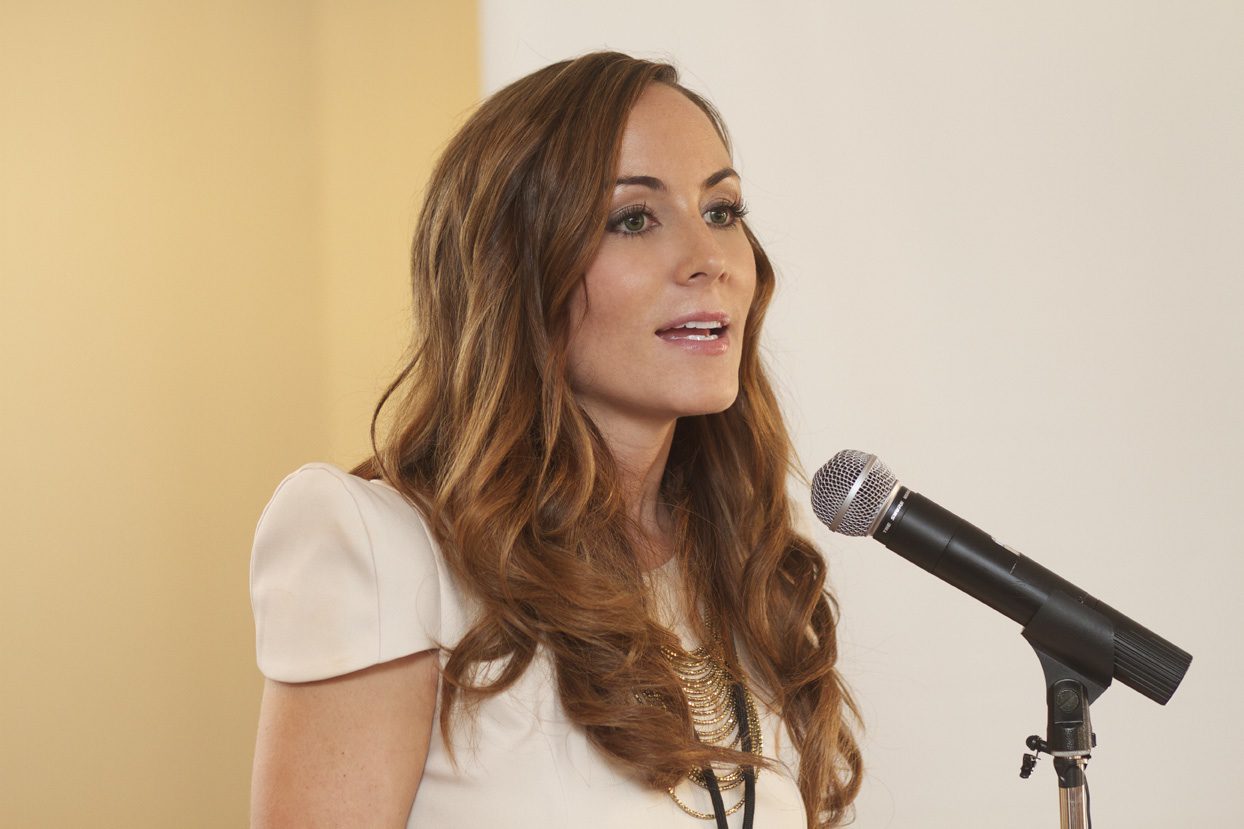Canada’s no ransom policy in the new era of terrorism
In September 2009, Alberta resident Amanda Lindhout was far from the comforts of her home.
She was a prisoner, held captive by Islamist insurgents for 13 months. As recounted in her memoir, she was allegedly subjected to abuse and rape—yet, they continued to leave her with twisted hope that it could all stop as soon as her family paid the ransom fee.
“You have to pay the money now. Where is the money?” Lindhout pleaded to her mother, Lorinda Stewart, in a recorded phone call that played in court in October. “Do you understand what they’re doing to me?”
As of 2015, Prime Minister Justin Trudeau has consistently expressed his views of officiating a no-ransom policy in Canada. During the 2016 G7 summit in Japan, Trudeau was reported to have urged other major leaders to agree to stop paying ransom for the release of kidnapped citizens. This unofficial policy aims to protect citizens against the advancements that terrorists could potentially gain from ransom payments, though it has yet to establish guidelines that protect journalists and war correspondents who may encounter danger when working or traveling abroad.
“We are trying so hard, Amanda. The government will not help us. We are selling everything we can,” Stewart told her daughter over the phone. The call took place on Sept. 9 and was saved by Stewart under the label, “The Bad Call.” It was introduced as evidence against one of Lindhout’s abductors, the accused in the court case, Ali Omar Ader.
Ader, who Lindhout had identified during her captivity as “Adam,” has pleaded not guilty to hostage-taking. He is accused of working with the rebel group who kidnapped Lindhout as well as Australian photojournalist Nigel Brennan near Mogadishu, Somalia, in August 2008. The group demanded either government to pay more than $2 million U.S. The deal was offered a week after their abduction, though, according to the Australian government’s Department of Foreign Affairs and Global Affairs Canada’s no-ransom policy, they refused to oblige.
More than a year after her abduction, Lindhout and Brennan’s ransom was paid through private donations arranged by a firm that specializes in hostage negotiations. They were released on Nov. 25, 2009.
In 2015, two Canadian citizens—former journalist John Ridsdel and Robert Hall—were abducted while at a resort in the Philippines, by Abu Sayyaf militants (a division of ISIS that executes the majority of their terrorist activities throughout the Philippines). The militants released a video to the Canadian government demanding they pay more than $100 million to release the hostages, or they would be killed. The ransom demand was not met and both were beheaded—Ridsdel on April 25, 2016, and Hall, on June 13, 2016.
“Canada does not and will not pay ransom to terrorists, directly or indirectly,” Trudeau said at a news conference following the execution of Ridsdel. “Paying ransom for Canadians would endanger the lives of every single one of the millions of Canadians who live, work, and travel around the world every year.”



